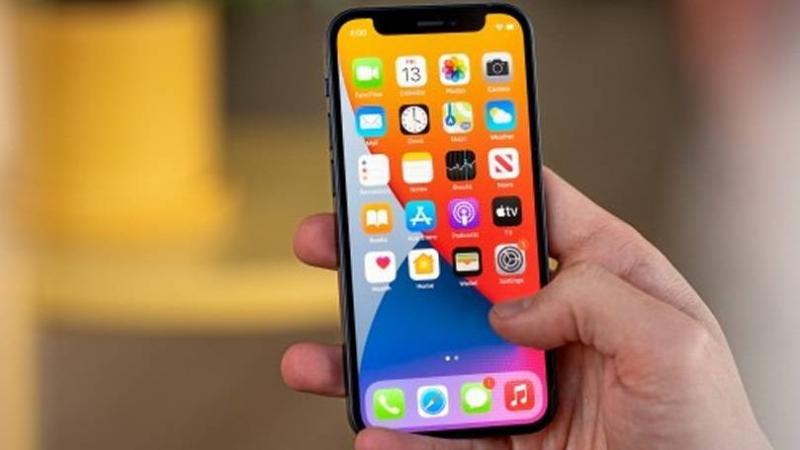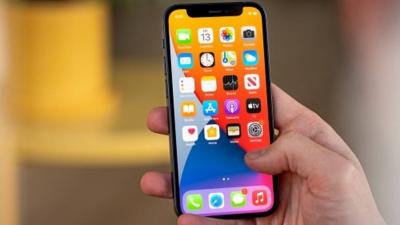The frequent notifications from smartphones can distract us and take our focus away from what we're trying to do. There is good evidence that just the presence of your phone, whether it is silent or not, is enough to pull your attention away. What happens? More importantly, how can you regain your focus without missing out on important things?
Although estimates vary, an average person checks their phone about 85 times a day, roughly once every 15 minutes. In other words, every 15 minutes or so, you are likely to be distracted from what you are doing. The problem is that it can take several minutes to fully regain your focus after your phone interrupts you. If you're just watching TV, the distractions (and refocusing) aren't a big deal. However, if you are driving, studying, working, or spending time with loved ones, this can lead to some significant issues. The sounds from your phone are considered "external interruptions" for you. We can become conditioned to feel excitement when we hear our phones ring.
What if your phone is in silent mode? Doesn't that solve the problem? Well, no. That is another type of interruption, an internal interruption. Think about every time you were working on a task but your attention drifted to your phone. Perhaps you resisted the urge to pick it up and see what was happening online, but you might have checked it anyway. In this case, we can become strongly conditioned to expect a reward every time we look at our phones, and we don't need to wait for a call to begin feeling the effect.
**Give Your Mind a Break**
There is increasing evidence linking push notifications to decreased productivity, poor focus, and increased distraction at work and school. But is there any evidence that our brains work harder to manage the frequent switching of attention? A study that monitored the brain waves of people found that those who described themselves as heavy smartphone users were more sensitive to push notifications than those who said they were light users.
Although notifications distracted both groups, the addicted users took longer to regain their focus. The frequent interruptions from phones can cause you to feel stressed due to the need to respond. Frequent smartphone interruptions are also associated with increased FOMO (fear of missing out). If your phone distracts you after you respond to a notification, any subsequent procrastination in returning to a task can make you feel guilty or frustrated. There is certainly evidence that the longer you spend using your phone in unproductive ways, the lower your rating of your well-being becomes.
**How Can I Stop?**
We know that turning on silent mode won't magically solve the problem, especially if you are already a frequent checker. What we need is a change in behavior, and that is difficult. It may take several attempts to see lasting change. If you’ve ever tried to quit smoking, lose weight, or start an exercise program, you know what that means.
Start by turning off all unnecessary notifications. Then, here are some things you can try if you want to reduce how often you check your phone:
- Charge your phone overnight in a different room than your bedroom. Notifications can prevent you from sleeping and can wake you up repeatedly throughout the night.
- Resist the urge to check and actively decide if it will benefit you at that moment. For example, when you reach for your phone, stop and ask yourself whether that action serves any purpose other than distraction.
- Try the Pomodoro Technique to stay focused on tasks. This involves dividing your focused time into manageable segments (e.g., 25 minutes) and then rewarding yourself with a short break. Gradually increase the time between rewards. Gradually relearning to maintain your focus on any task may take some time if you are a heavy checker.




